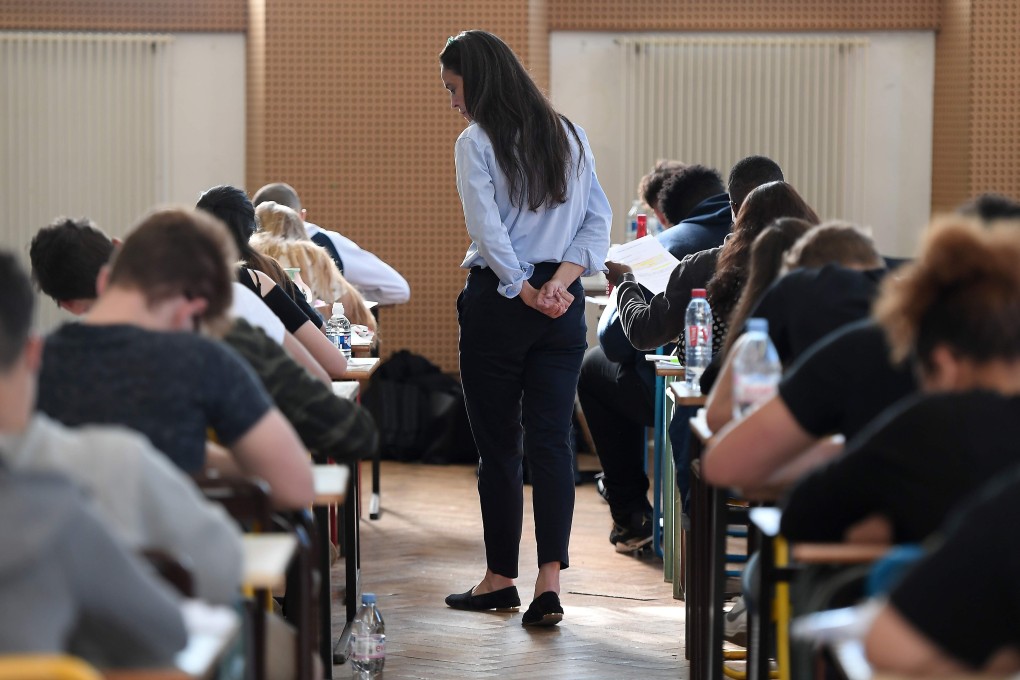My Take | Why immigrant children often make better students and professionals
- The real factor is immigration, not genes or culture. Further down the generations, such ethnic families will revert to the means and norms of the locals

Chinese and other immigrant groups often intrigue Westerners by the academic and often professional success of their children.
Writing early this month in The Times of London with the headline “The ethnic question we’re too scared to ask”, Trevor Phillips asked: “Why do some minority groups do better than others? The answer could change Britain for good.”
Phillips is no mere pundit. In Britain, he has been deputy chairman of the board of the National Equality Standard, chairman of the Equality and Human Rights Commission and head of the Commission for Racial Equality.
“Poor Chinese and Indian children set a puzzle for educators by succeeding where better-off children fail,” he wrote.
If Phillips has asked this question, most likely others are thinking along the same line, too.
In 2010, he was the principal author of an official report titled “How Fair Is Britain?” It noted that by the standard measure of success at 16-plus age – five GCSEs (General Certificate of Secondary Education under the British system) including English and maths – among whites, “the gap between those on free school meals (roughly children of families living below the poverty line) and the average was about 32 per cent but poor Chinese children were just 1 per cent adrift of their better-off peers”.
